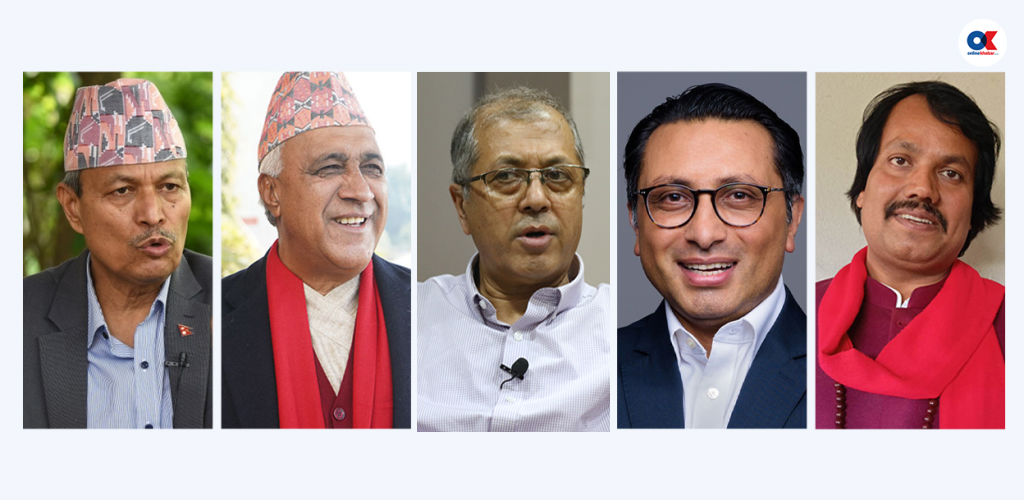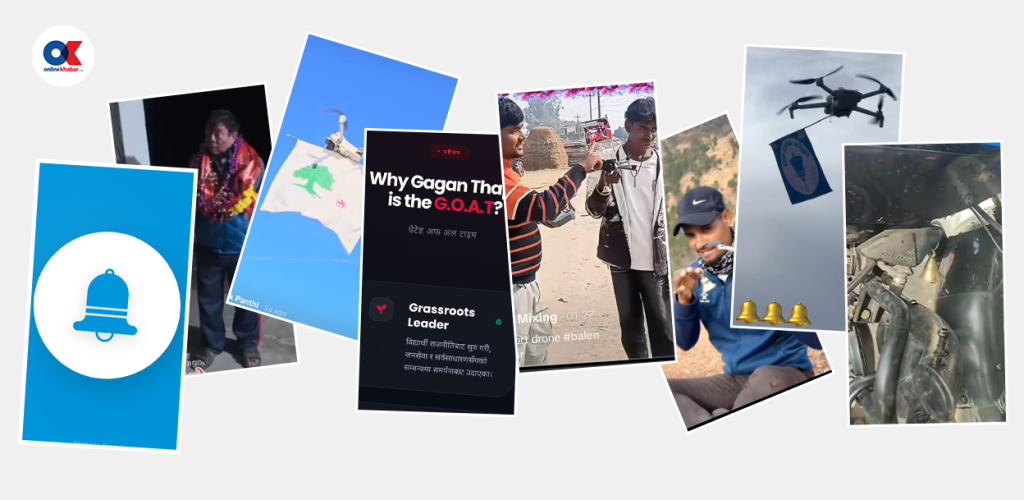
In a world where illusion and deception hold sway, manipulation proliferates. What we perceive is a meticulously constructed facade, a warped version of reality crafted to advance concealed motives. Our minds unwittingly become puppets, swaying to the artful tune of cunning propaganda.
Those who control the narrative expertly twist the truth, subtly tweaking facts to suit their interests. They feed us a steady diet of selective information, half-baked myths and biased spin intended to direct our thoughts down pre-determined paths.
We are but hapless pawns trapped in this realm of manufactured perspectives and fake realities. Our emotions are callously exploited, our biases cleverly confirmed, and our beliefs deftly massaged without our awareness.
We are spoon-fed a cocktail of lies, misinformation and partisan rhetoric masquerading as unvarnished truth. All intended to provoke knee-jerk reactions, foment confusion and create needless conflict among us.
Such willful manipulation is a potent weapon that divides and conquers. It erodes our ability to think critically, to separate honesty from deceit, facts from propaganda. It leaves in its wake a wasteland of uncertainty, disillusionment, a breakdown of knowledge and discernment.
As we traverse this treacherous landscape filled with traps and mirages, vigilance is our only defence. We must view all information through the lens of scepticism, scrutinise its source and ulterior motives, and be alert to those who peddle distortion.
In a world where reality is distorted and truth manipulated, integrity is the sole lighthouse that can guide us through the fog of disinformation. Those who control the narrative seek to control the world – we must reclaim authority over the discourse that shapes our very lives.
The mechanics of manipulation

The human mind is susceptible to manipulation in the digital age. Our brains rely on mental shortcuts and exhibit intrinsic biases that allow external forces to shape our perception of reality.
This represents a profound vulnerability, one that threatens the foundations of democracy in the online era. Powerful algorithms now influence the information we consume, creating personalised echo chambers that reinforce our existing beliefs.
Social media platforms specifically can promote content that plays to our identities and confirms our biases. For instance, Facebook may selectively display political posts and ads that align with a user’s ideological leanings.
This tailored curation has been blamed for increased polarization in Nepal post-monarchy. Appeals to emotion also short-circuit reason and logic. Have you ever noticed how social media seems to show more depressing content when you are already feeling down?
Demagogues exploit raw impulses like fear, anger and tribalism through emotive rhetoric, as seen with Donald Trump’s nativist presidential campaign. In Nepal, politicians have fanned ethnic and religious divisions to galvanise their vote banks.
The innate desire to follow the crowd is leveraged to manufacture consent through bandwagon propaganda. For example, China utilises 50 Cent Army trolls to dominate online narratives and create the illusion of grassroots support for state policies.
During Nepal’s transitional justice debate, similar social media campaigns polarised discourse despite public consensus favouring a balanced approach. New digital tools have enabled additional forms of mass deception.
Phishing, hacking and identity theft facilitate personal data theft, enabling hyper-targeted disinformation campaigns based on psychological profiles. Social engineering techniques spread fake content further than ever before. Lawmakers worldwide now grapple with balancing privacy, security and free speech in combating cyber-enabled disinformation.
The malleability of human perception

The human mind is highly susceptible to manipulated perceptions of reality. Our brains take cognitive shortcuts and exhibit inbuilt biases that can be exploited to shape our interpretations.
This malleability of perception is a key enabler of engineered realities. People gravitate towards information that validates pre-existing beliefs while discounting contradicting evidence. Seeking out confirming evidence and avoiding cognitive dissonance forges echo chambers.
For example, conservatives primarily consume right-leaning media that affirm their worldview. This confirmation bias entrenches polarised viewpoints and increases susceptibility to misinformation.
The context in which information is presented significantly impacts interpretation. By framing the same data differently, wildly divergent conclusions can be drawn. A classic study found that a medical procedure being portrayed in terms of mortality rates versus survival rates drastically shifted participants’ risk tolerance.
Politicians frame issues along partisan frames to make policies more or less palatable to their bases. Human reactions are shaped by whatever thoughts or stimuli were most recently encountered or are most prominent in memory. Priming triggers unconscious associations that precede a response.
For instance, showing images of poverty beforehand makes people more likely to support social welfare policies when asked. Making certain narratives or ideas more salient is a key psychological tool for manipulating popular narratives.
People are more likely to accept claims that fit their personal beliefs regardless of supporting evidence. Pseudoscience and conspiracy theories rely on subjective validation. For example, climate change deniers embrace claims that align with their worldview by cherrypicking data and anecdotes.
This ego-driven logic supersedes objective analysis. When assessing others’ behaviours, situational contexts are discounted while intrinsic motivations are presumed. However, when evaluating oneself, external factors are weighted more.
This double standard makes it easier to judge others’ motivations while excusing one’s own. Propagandists exploit this flaw when scapegoating outsider groups. The tendency to trust in and adopt the majority opinion leads to herd mentalities.
As more people appear to embrace an idea, it gains mainstream legitimacy regardless of its validity. Propagandists manufacture bandwagons by falsely portraying fringe beliefs as popular wisdom.
During Nepal’s royal coup, state media projected a fabricated narrative of widespread support for the king. People are subconsciously conditioned to obey authority figures. This manifests as compliance with instructions without critical examination.
For example, the infamous Milgram experiments found disturbingly high levels of obedience to directives that conflicted with subjects’ consciences. Authoritarian regimes like North Korea consolidate control through strict obedience to the supreme leader.
In cohesive groups, the desire for harmony leads to conformity.
The erosion of critical thinking

Our ability to think critically and objectively evaluate information is under siege in the modern information age. The torrent of online data overwhelms cognitive processing abilities. With limited time and attention, parsing truth from misinformation becomes impractical. This facilitates an environment where emotive appeals go unchallenged.
Mental shortcuts like confirmation bias, the halo effect, and emotional framing substitute convenience for analytical reasoning. Allowing these innate biases to override evidence-based judgments distorts perceptions of reality.
The inability to critically assess media messages and agendas represents a key vulnerability. Lacking the skills to discern credible sources, verify claims, or identify rhetorical manipulation surrenders autonomy over one’s beliefs.
With facts diluted by misinformation, reason hijacked by bias, and objectivity abandoned for convenience, the erosion of critical faculties accelerates the corruption of truth. Reclaiming agency over perception requires relearning the art of critical thinking.
The threat to democracy

Democracy depends on an informed citizenry, making it vulnerable to perception manipulation. Social media has become a primary communication channel, designed to maximise engagement through targeted, emotionally-charged content.
Algorithms and bots curate personalised feeds that confirm biases, entrenching opinions and polarising discourse. This distorts the information landscape critical for sound democratic decisions.
The 2016 US election demonstrated how false narratives proliferate digitally, sowing public discord and distrust. Many voted with a distorted view of candidates and issues due to manipulated perceptions.
The uncontrolled spread of misinformation, whether unintentional or deliberate, fosters cynicism and apathy among citizens. It also impedes good-faith policy debates, as seen with Covid vaccine misinformation enabling continued viral impact.
Tools for influencing public opinion have grown exponentially more potent in the digital age. Automated shaping of perceptions challenges the ideal of a freely thinking populace governing itself.
Declining trust in pillars of society like media, academia and science removes critical safeguards against manipulation. Populist authoritarian movements excel at exploiting anti-establishment narratives.
Without shared facts and trusted knowledge sources, societies fracture into tribes susceptible to reality engineering. Reviving democratic discourse requires tackling this crisis of truth.
Reclaiming agency over truth requires proactive efforts on both societal and individual levels. Understanding vulnerabilities and manipulation techniques provides cognitive self-defence. We must be vigilant against emotional appeals, curated information diets, and consensus narratives.
Awareness of irrational biases protects against blind spots. The legal profession is vital to countering engineered realities and upholding truth. Lawyers are ethically bound to standards of honesty and integrity.
Litigation and advocacy rely on marshalling factual evidence over emotional appeals. Lawyers often serve as watchdogs and whistleblowers against institutional deception and corruption. Their analytical skills in parsing data are crucial to identify disinformation.
Laws codifying norms of transparency and accountability and enforcing prohibitions against fraud provide structural guardrails in the battle over truth. Skills like source vetting, evidence evaluation, and identifying rhetorical techniques should be honed.
Media literacy education equips people to dismantle disinformation. Critical thinking replaces snap judgments with reasoned analysis. Remaining engaged in institutions like media, academia, and civil society counteracts detachment.
























